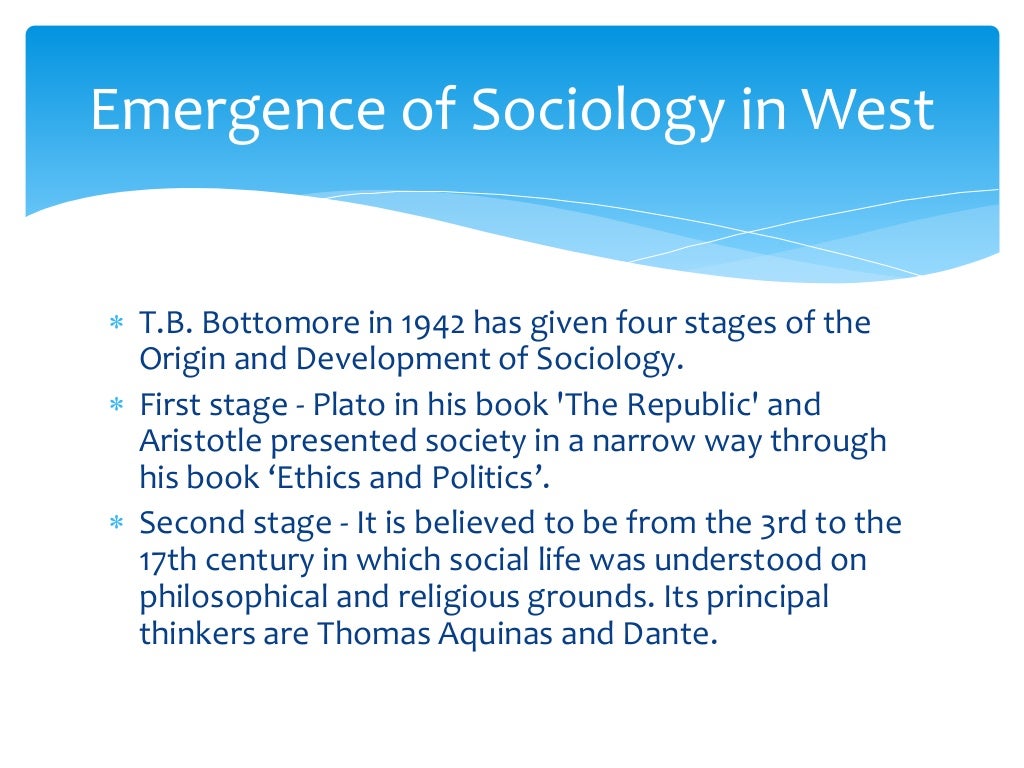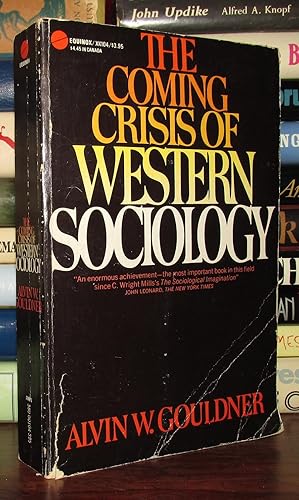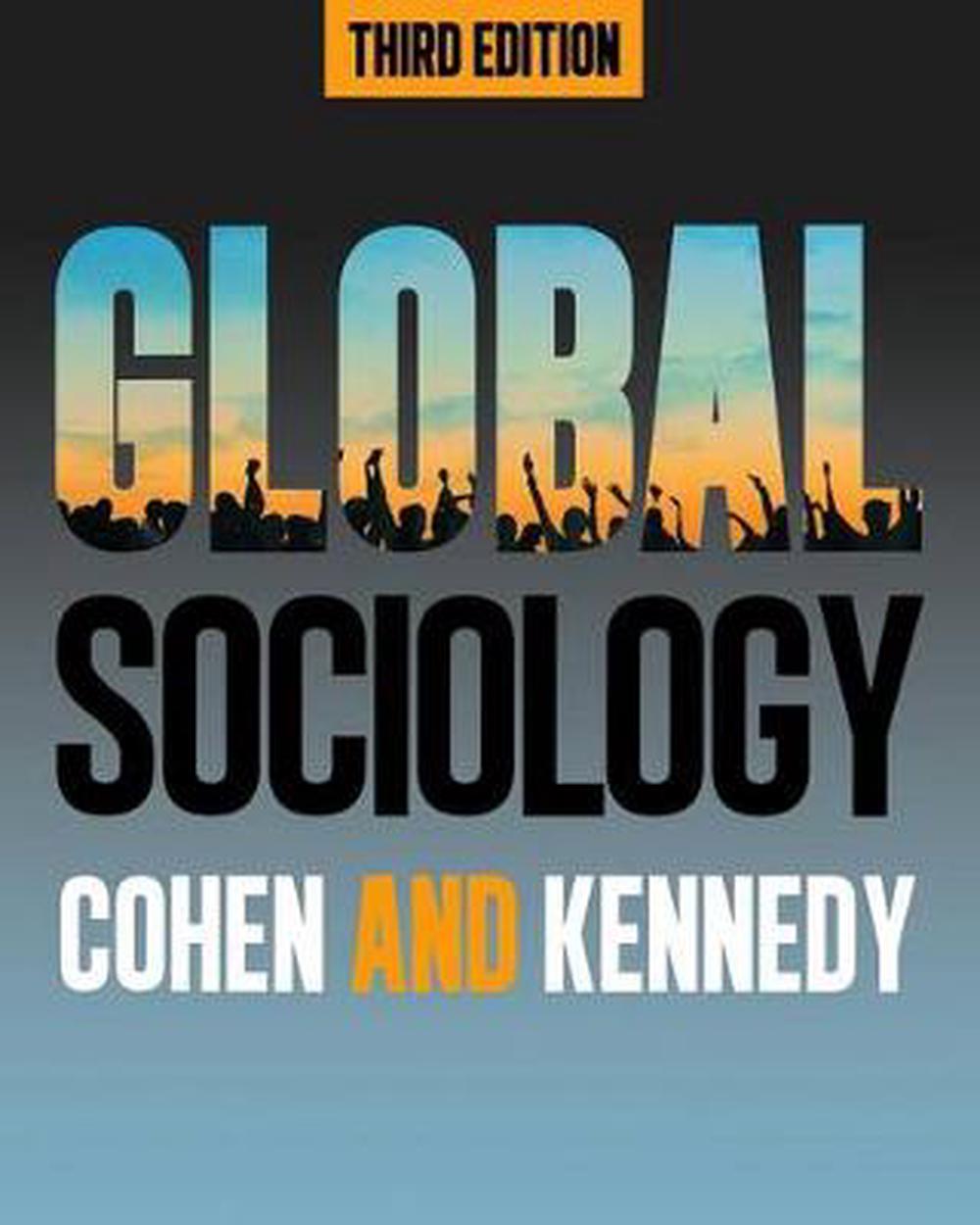Western And Non Western Background Of Emergence Sociology Presentation
| Western Background of Emergence Sociology | ||
|---|---|---|
| Emergence of sociology as a discipline in Western societies during the 19th century. Influenced by the works of Western thinkers such as Karl Marx, Max Weber, and Emile Durkheim. Focus on understanding social structures, institutions, and dynamics within Western societies. | ||
| 1 | ||
| Non-Western Background of Emergence Sociology | ||
|---|---|---|
| Sociology also emerged in non-Western societies, albeit with different historical and cultural contexts. Scholars from non-Western backgrounds contributed to the development of sociological theories and concepts. Non-Western sociologists often address unique social issues and perspectives specific to their societies. | ||
| 2 | ||
| Western Influence on Non-Western Sociology | ||
|---|---|---|
| Western sociological theories and methods have been influential in shaping non-Western sociology. Adoption and adaptation of Western concepts and theories to address local social phenomena. Critiques of Western-centric perspectives have led to the development of indigenous sociological theories in non-Western contexts. | ||
| 3 | ||
| Challenges and Critiques of Western Sociology in Non-Western Contexts | ||
|---|---|---|
| Western sociology has been criticized for its limited applicability and relevance in non-Western societies. Non-Western sociologists argue for the need to incorporate local cultural, historical, and social contexts in sociological analysis. Efforts to decolonize sociology have been made to challenge Western hegemony and promote diverse perspectives. | ||
| 4 | ||
| Promoting Global Sociology | ||
|---|---|---|
| The field of sociology has increasingly recognized the importance of incorporating non-Western perspectives. Calls for global sociology emphasize the need to bridge the gap between Western and non-Western sociological traditions. Efforts to promote dialogue, exchange, and collaboration between Western and non-Western sociologists are crucial for a more inclusive and comprehensive understanding of society. | ||
| 5 | ||




